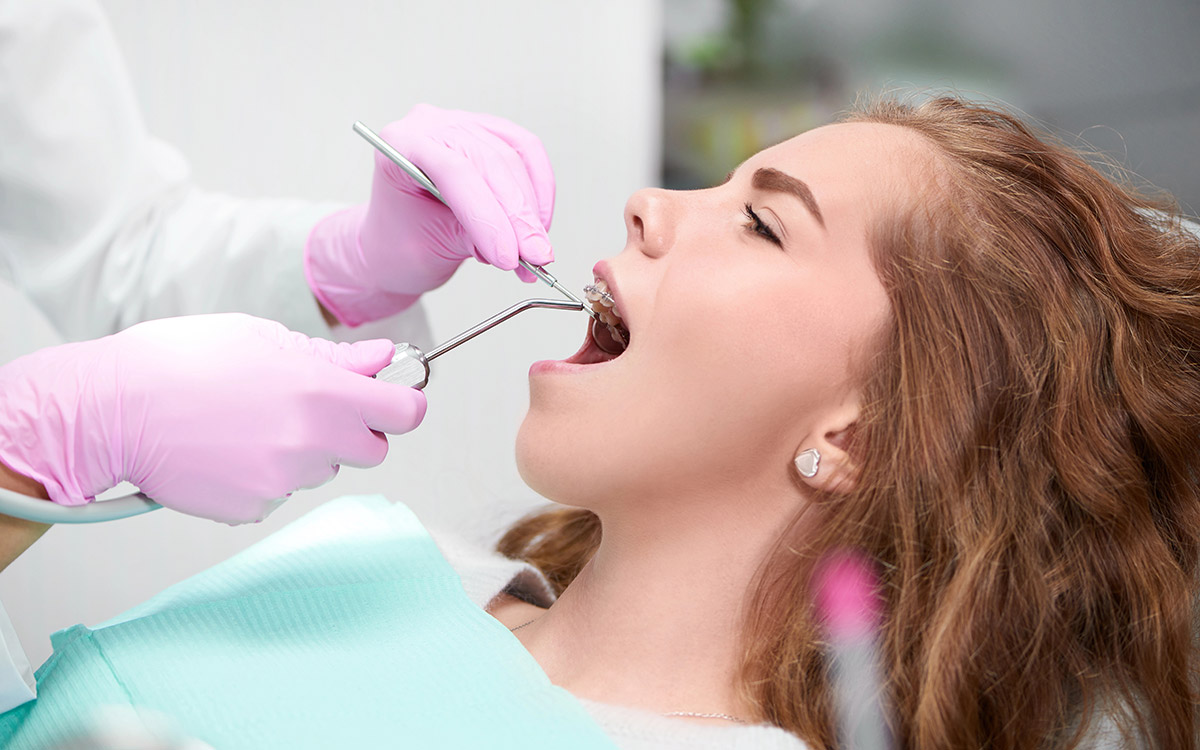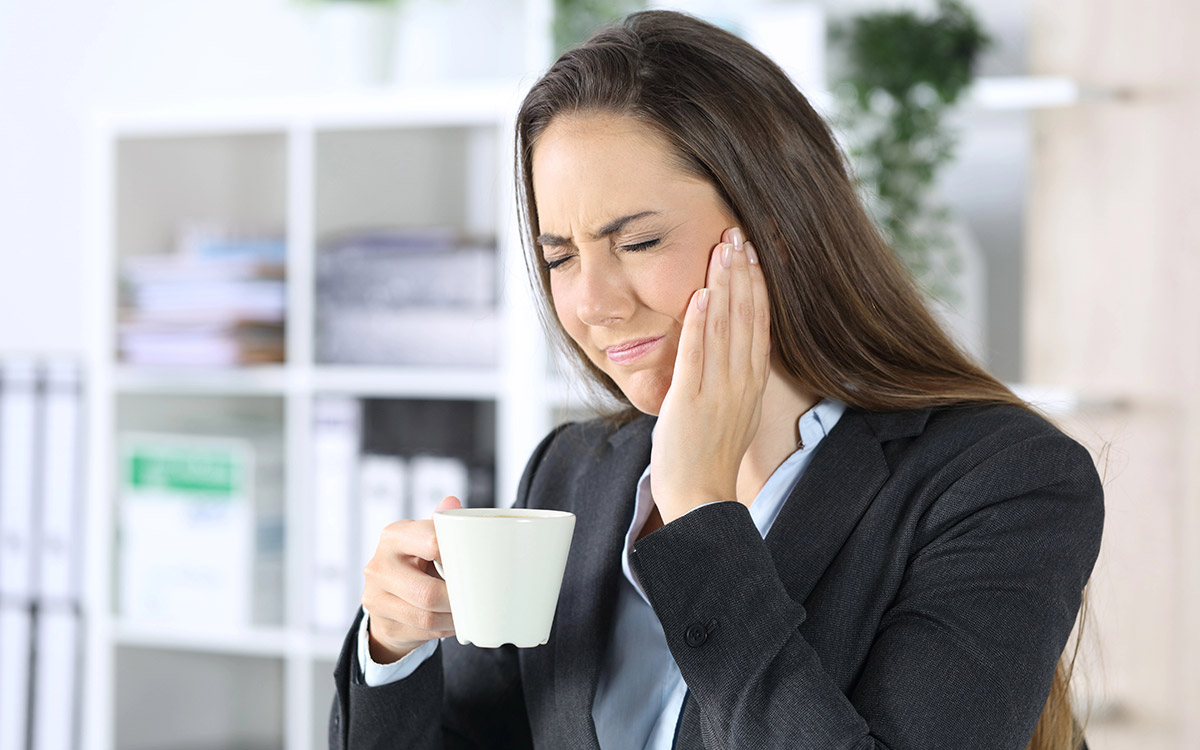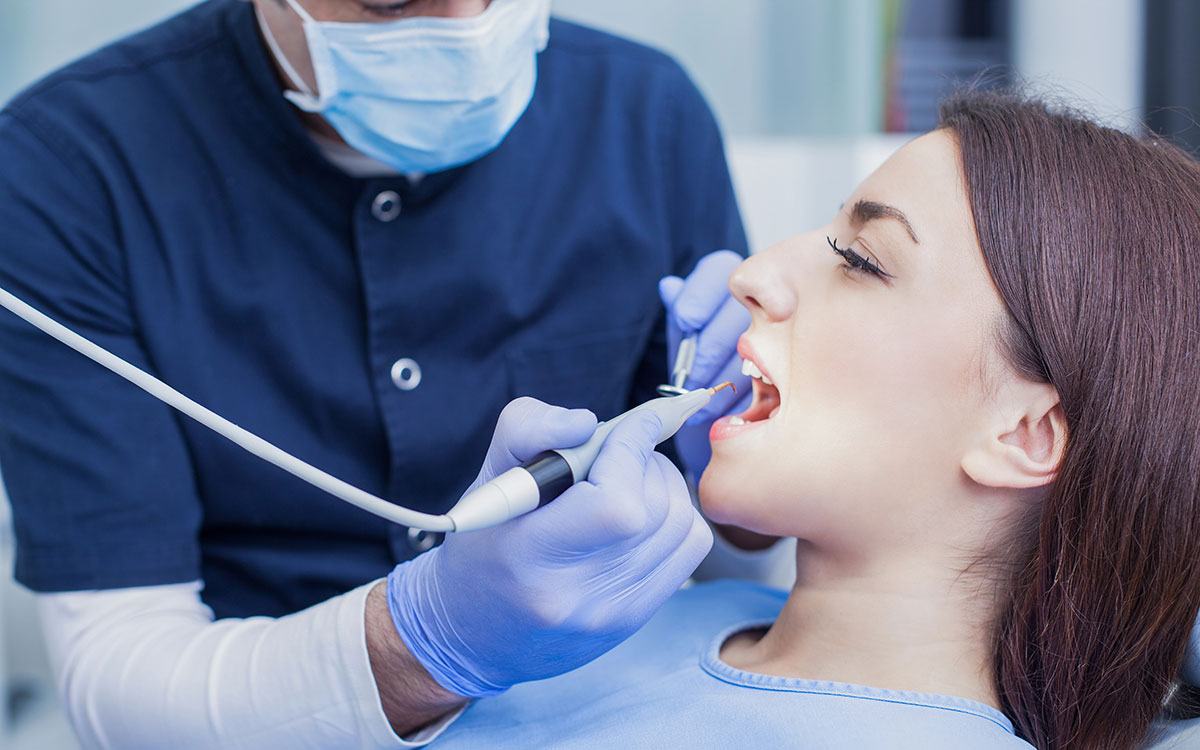Your teeth are remarkable and have many capabilities. They are meant to chew our food to aid the digestive process, i.e., teeth are for chewing. In addition, teeth improve our ability to talk effectively and protect the health of our jawbones. They additionally give the lower portion of our faces structural support. They give us our lovely grins and aid in making our speech audible.
But teeth are not substitutes for tools because they are not tools. Many people use their teeth for other purposes, which can be very harmful. That is why this article explains why teeth should only be reserved for eating and smiling.
How Do People Use Teeth As Tools?
Here are a few typical instances of tooth use contrary to nature.
Using Teeth as an Opening Tool
Since tooth enamel is the hardest thing in the human body, it might be ideal to use teeth as bottle openers when none are available.
Tooth enamel may be sturdy but is also brittle and can’t stand up to things like metal and glass. It is dangerous to attempt to open bottles made of plastic, glass, or anything else with teeth. Doing so increases the chance of chips and breaks and tooth enamel damage.
You could also damage the soft tissues of the lips and gums if you stumble when opening a bottle with your teeth since they are easily chipped, cracked, or broken.
Repeatedly doing it can cause your teeth to slip out of alignment and lose their evenness of wear. Your dentist will need to perform restorative dentistry on the area if the damage is severe.
But even tiny fractures might lead to issues. Your risk of tooth decay increases when there are cracks in your teeth because they provide the ideal habitat for bacteria to grow.
Teeth as Nut Crackers
Like a bottle, trying to break a hard walnut, pecan, or pistachio shell between your teeth runs the danger of chipping or cracking the teeth.
Many people crack the nuts between their teeth to access the edible center. This may lead to tooth damage, fracture, or chipping.
Teeth that have already undergone decay or a filling are more vulnerable to injury.
Using Teeth as Portable Scissors
Instead of scissors, many people use their teeth to bite through packing tape. Some even attempt to cut through wire, plastic rope, and paper with their teeth.
Cutting objects requires clenching the teeth together, and it takes significantly more biting force to cut through non-food items than chewing food. You probably utilize your front teeth while utilizing them as scissors.
These teeth wear down faster because they are not as tough as your back teeth. So, it increases the likelihood that they could chip or fracture. In addition, if a chip develops, it will probably affect your two front teeth, serving as a painful and obvious warning to avoid using your teeth as scissors.
Teeth as Nail Clippers
The nails and teeth suffer when someone chews their nails often. The nails look left ragged and malformed afterward, and the bacteria from the nails increase the risk of tooth decay.
Teeth will deteriorate faster and shift out of alignment. In addition, fragments of a fingernail can harm the gum tissue.
Chewing on Non-Food Items
The only thing you should chew with your teeth is food. Your sparkling whites may be in jeopardy if you nibble on anything else. While mindless nibbling is understandable, chewing on non-food items might harm your teeth.
Food crumbles and gives in when pressed between your teeth. But pen caps, paper clips, and other objects can wear down your teeth and raise your risk of teeth cracking or chipping.
Teeth as an Extra Hand
Occasionally, many people grasp objects in their teeth if their hands are full. They resort to using their mouth and teeth as an extra hand. A pencil, a few sewing pins, or even a few nails between your teeth can seem practical.
But the problem is that our teeth are not meant to grip and hold onto things this way. It could harm your jaw or ruin your teeth.
It is also vital to take the risk of choking into account. You can suffocate or suffer a catastrophic injury if you fall while holding something in your mouth.
You might even swallow or choke on the thing if a yawn or hiccup catches you off guard. You can also erode your enamel over time. So, it is better to store pencils behind your ear, pins on a cushion, and nails in a tool belt when not in use.
What to Do If Your Teeth Are Damaged
A dentist can help you heal your teeth if you have hurt them by using them as a tool. Treatment options include:
- Bonding: It is a great option to reinforce your teeth after developing cracks and to help fix minor cosmetic flaws
- Veneers: These are an excellent, durable alternative for front teeth that have gotten chipped, broken, or damaged to preserve what’s left of your natural teeth
- Dental crowns: The original tooth can still be preserved by fitting a dental crown over a tooth that has been severely broken or cracked from being used as a tool
- Dental implant: A dental implant can be a durable substitute for a missing tooth that restores your ability to eat and speak normally
Use Your Teeth Properly to Protect Them
Your teeth play many vital roles. They let you speak effectively, chew food and drink, elongate your face, and express a range of emotions by exposing your teeth.
But it might occasionally be tempting to use teeth for purposes other than those they were designed for. Unfortunately, people misuse their teeth as tools leading to chipped, cracked, or loose teeth.
The third most common reason for tooth loss is cracked and shattered teeth. Do not risk damaging your teeth by using them as implements. Maintain your daily brushing and flossing practice to keep your teeth healthy and only use them for their intended purposes. Save yourself an expensive emergency dental visit.







